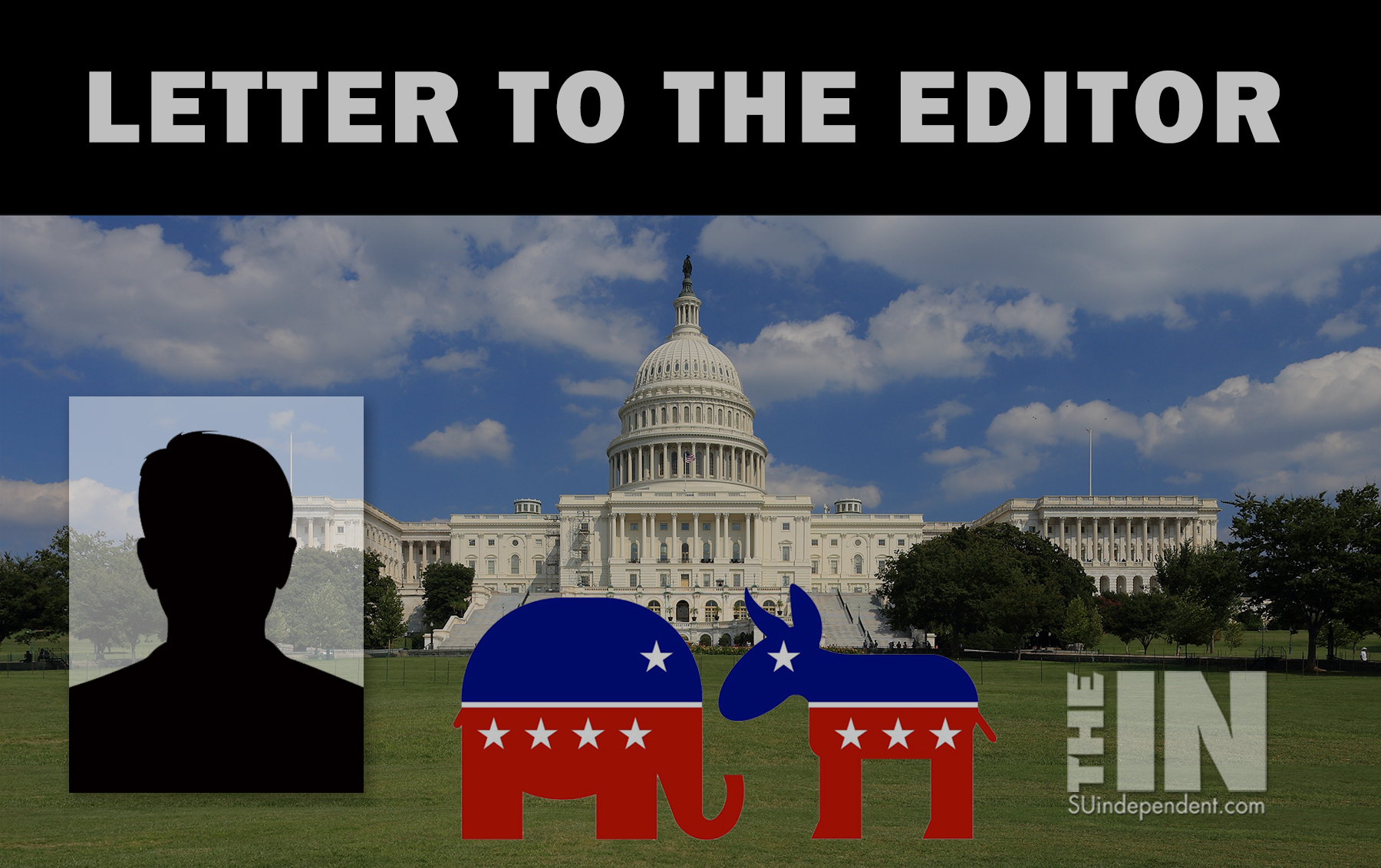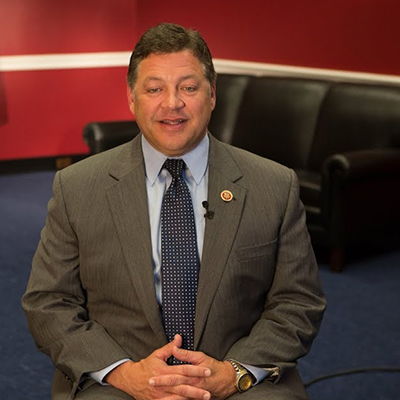
Americans Deserve A Healthy Dose Of Bipartisanship
– By Joseph Crowley (D-NY) & Bill Shuster (R-PA) –
Our economy remains weak. A pandemic continues to kill thousands of citizens each day. And political tensions seem to have reached an all-time high.

While a plan to combat Covid-19 and provide economic relief is of utmost priority for President Joe Biden, congressional leaders in both parties would be wise to start repairing relations across the aisle by working together to pass relatively uncontroversial, overwhelmingly popular measures — such as reforms to make drugs more affordable.
Nearly 80 percent of the country believes that out-of-pocket costs for medicines are unreasonable, according to an October poll from the Kaiser Family Foundation. That’s unsurprising given the same study found that half of sick Americans have difficulty paying for medicines.
There are a number of ways Congress can help reduce people’s out-of-pocket costs. For example, lawmakers could start by building on a White House rule finalized in December that targets insurer practices that needlessly inflate drug costs for many patients.

Insurers often rely on middlemen known as pharmacy benefit managers, or PBMs, to negotiate discounts from pharmaceutical companies. The resulting rebates tend to be substantial. In 2018, drug companies offered $166 billion of discounts and rebates on brand-name drugs.
But out-of-pocket drug costs remain high, largely because insurers and PBMs keep the bulk of the rebates. The rule ends this practice by effectively banning any PBM rebates under Medicare unless insurers pass the savings on to patients through lower copays and coinsurance.
This is a reform that both parties have long sought. Lawmakers can score a major victory for all patients — not just Medicare beneficiaries — by crafting bipartisan legislation that codifies this reform across the entire health care system.
Congress could also stand up for patients by rolling back the Trump administration’s most-favored-nation rule, which sets Medicare payments for certain brand-name drugs equal to the lowest price paid in several developed countries.
Many foreign governments pay significantly less than Medicare currently does. Closing that gap is a worthwhile endeavor, but the MFN rule is the wrong remedy.
By cutting U.S. reimbursements — rather than pushing other countries to pay their fair share — the rule will divert funding away from research on cancer, Alzheimer’s, and countless other conditions, including efforts to respond to the Covid-19 pandemic. The result will be fewer life-saving medicines and a dramatic reduction in drug access.
Fortunately, the Biden administration can rescind this destructive rule before it does real harm to patients. Lawmakers, meanwhile, can refuse to advance similar proposals.
Finally, Congress can protect the original intent of the Bayh-Dole Act of 1980 and reject calls for the federal government to seize patents from U.S. research firms.
It’s true that the “march-in” provision under Bayh-Dole allows the government to override pharmaceutical patents in very limited circumstances. However, pricing concerns aren’t enough to trigger this clause.
In fact, Bayh-Dole’s march-in provision has never been invoked — and for good reason. Using it to lower drug prices would violate Congress’ original intent and have disastrous consequences for the future of medical research.
Americans want their elected officials to come together and tackle the issues that matter most to them. No issue offers more opportunities for collaboration than drug pricing.
Joseph Crowley represented New York in the House as a Democrat from 1999 to 2019.
Bill Shuster represented Pennsylvania in the House as a Republican from 2001 to 2019. This piece originally ran in Roll Call.
Viewpoints and perspectives expressed throughout The Independent are those of the individual contributors. They do not necessarily reflect those held by the staff of The Independent or our advertising sponsors. Your comments, rebuttals, and contributions are welcome in accordance with our Terms of Service. Please be respectful and abide by our Community Rules. If you have privacy concerns you can view our Privacy Policy here. Thank you!
Click here to submit an article, guest opinion piece, or a Letter to the Editor




